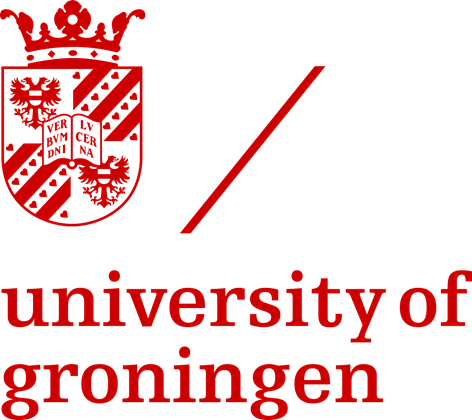Do you want to contribute to the development of computer devices that operate like a human brain? Design semi-conductor materials for the future's high-efficiency solar cells? Create an anti-icing coating for drones and airplanes? Fabricate materials that transform waste heat into electricity?
Understand why ceramic micro-/nanostructures do not break easily? Make graphene nano-devices for next-generation high-speed electronics?
The Master's degree programme in Applied Physics focuses on materials engineering and device physics. It offers an excellent combination of fundamental research on the one hand, and an open eye to possible industrial applications on the other. Teaching and research are embedded in the Zernike Institute for Advanced Materials, which belongs to the best materials research institutes in the world. The international environment of the programme, and especially within the research groups, is inspiring and challenging.
The Master's degree programme in Applied Physics is open to students who already have a solid background in physics or applied physics, and who are eager to expand their knowledge and skills to obtain a Master's degree in a modern applied physics research environment.
